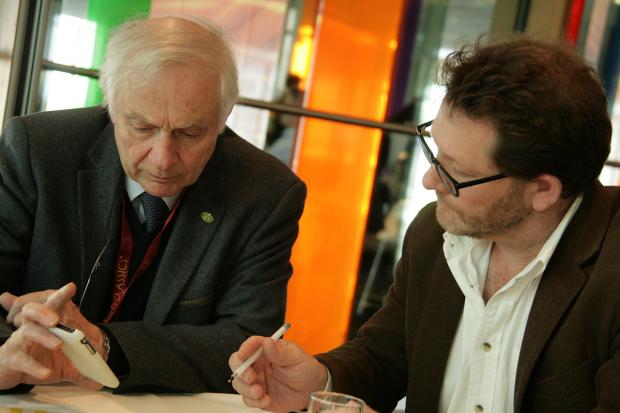
On the first day of Retro Classics in Stuttgart, I spent a very pleasant hour or two with Patrick Rollet, president of the Federation Internationale des Vehicules Anciens.
He had asked to meet me following our news story and my blog on the problems likely to be caused by FIVA’s differentiation between an historic car and an old car, which it would like to be adopted across Europe.
To recap, to be an historic vehicle the definition requires it to be more than 30 years old, well maintained in original condition and not a daily driver. Naturally as an owner of classics that are poorly maintained in unoriginal condition and driven daily, I saw this as a threat to what, before changing its slogan, the Federation of British Historic Vehicle Clubs used to call upholding my freedom to enjoy my classic car how, where and when I want. And I reacted accordingly.
So, it was with a little trepidation that I met M Rollet, expecting to find myself confronted with an angry man. Truth be told he seemed a bit more bewildered, or perhaps slightly exasperated, than angry.

When he started to explain I could see why and it is only fair that I report his side of the argument. You can read elsewhere about the misunderstanding and misinterpretations M Rollet feels have skewed the perception of FIVAs description, but his longer-term disappointment, in a sort of deep sigh of resignment kind of way, runs a bit deeper than that. To summarise, here are a few of the reasons why M Rollet and his FIVA colleagues are frustrated in (not quite) his own words.

